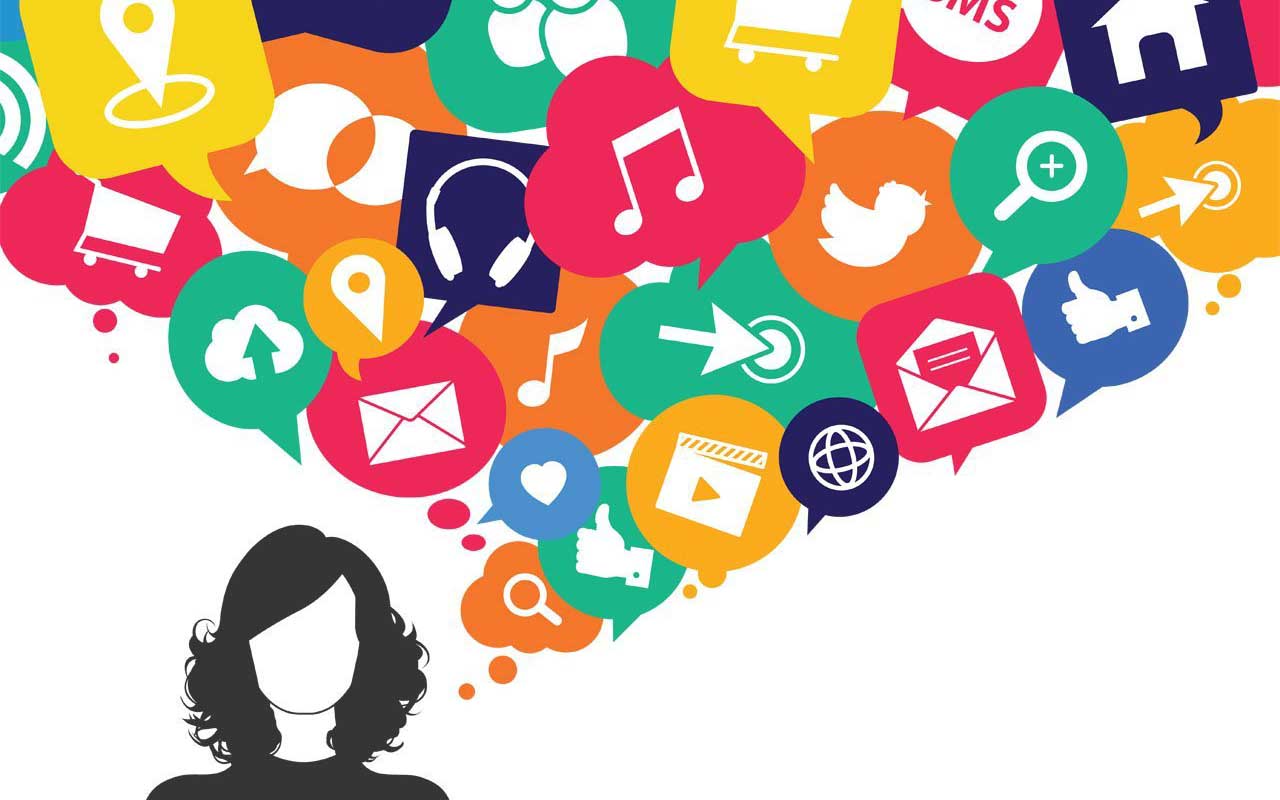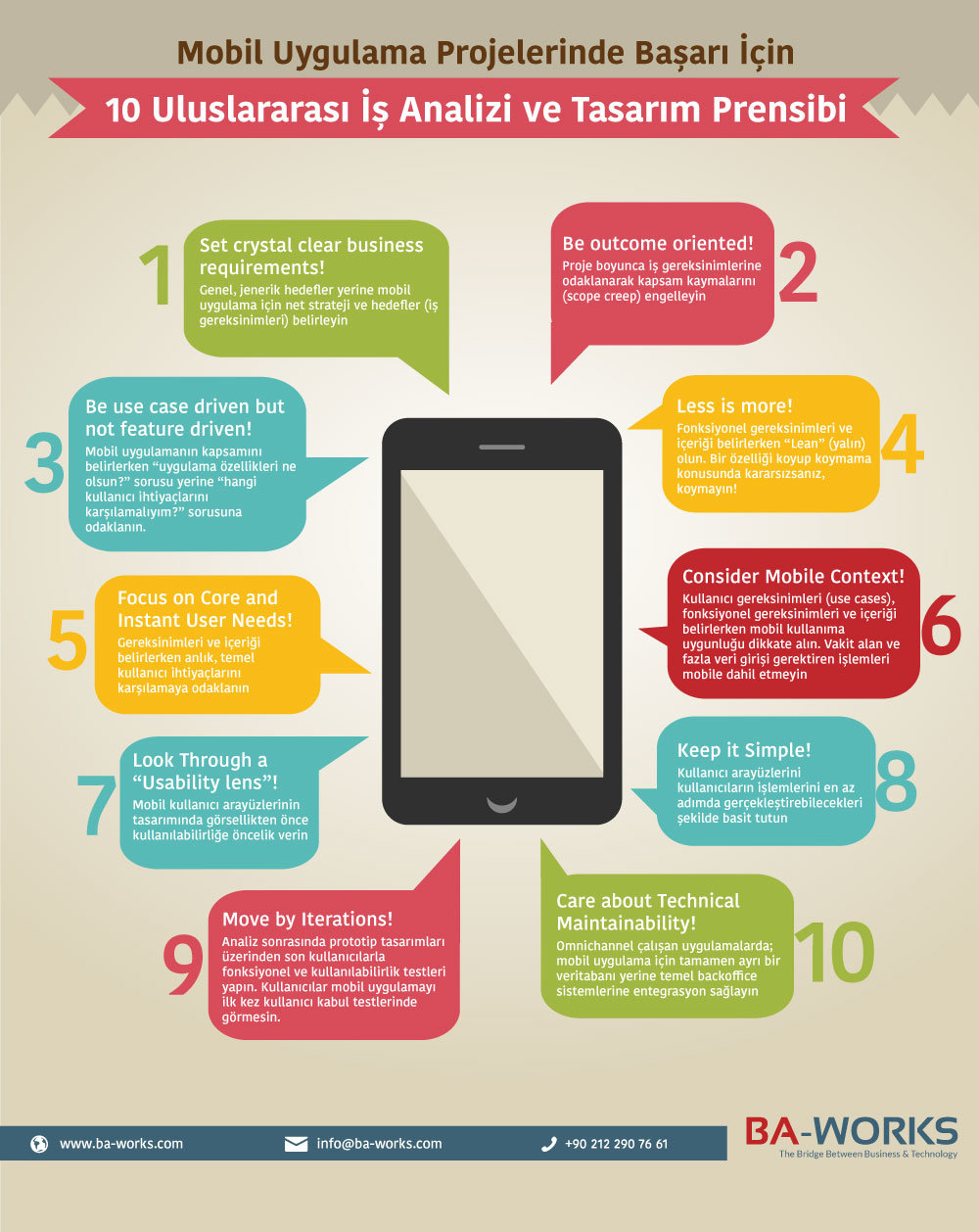In today’s fast-paced and technology-driven world, the field of mental health support is being significantly shaped by advancements in technology. From increased accessibility to mental health resources through various online platforms, to the development of teletherapy and online counseling services, technology is revolutionizing the way individuals can seek and receive support for their mental well-being. The impact of mobile applications on mental health management, the utilization of virtual reality for exposure therapy and anxiety disorders, and the integration of artificial intelligence in mental health diagnosis are also at the forefront of this transformation. In this blog post, we will explore how these technological innovations are changing the landscape of mental health support, empowering individuals to take control of their mental well-being in new and innovative ways.
Accessibility to mental health resources through technology
In today’s digital age, the accessibility to mental health resources has been greatly improved through the use of technology. With the rise of mobile applications, online counseling platforms, and teletherapy services, individuals now have greater access to mental health support and resources than ever before.
One of the key benefits of utilizing technology for mental health support is the ability to connect with professionals remotely. This is particularly beneficial for individuals who may not have access to mental health resources in their local area, or for those who may be unable to leave their homes due to mental health challenges.
Additionally, the development of mobile applications focused on mental health management has made it easier for individuals to track their mental health and access resources on-the-go. These applications often offer a range of features, including mood tracking, meditation exercises, and resources for seeking professional help.
Overall, the integration of technology into mental health resources has significantly improved accessibility and convenience for individuals seeking support. As technology continues to advance, it is likely that we will see even greater opportunities for individuals to access the support and resources they need for their mental health concerns.
Development of teletherapy and online counseling platforms
In recent years, there has been a significant increase in the development and utilization of teletherapy and online counseling platforms as means of delivering mental health services. These platforms offer individuals the opportunity to seek therapy and counseling from the comfort of their own homes, providing a convenient and accessible way of accessing mental health support.
One of the most significant impacts of the development of teletherapy and online counseling platforms is the increased accessibility to mental health resources. Individuals who may have previously faced barriers to accessing traditional in-person therapy, such as geographical location or mobility issues, can now easily connect with licensed therapists and counselors through these platforms.
Furthermore, the development of teletherapy and online counseling platforms has led to greater affordability of mental health services. With many online therapy options offering subscription-based models or pay-as-you-go sessions, individuals who may have previously been unable to afford traditional therapy can now access the support they need at a more affordable cost.
Overall, the development of teletherapy and online counseling platforms has revolutionized the way mental health services are delivered, providing individuals with greater accessibility, convenience, and affordability when seeking therapy and counseling.
Impact of mobile applications on mental health management
In today’s digital age, the use of mobile applications in managing mental health has become increasingly prevalent. These apps offer a variety of tools and resources to help individuals track, monitor, and improve their mental well-being.
One of the key benefits of mobile applications is their accessibility. With just a few taps on their smartphones, users can access a wide range of mental health resources, including self-help guides, mindfulness exercises, mood tracking tools, and virtual support communities.
Furthermore, some apps are designed to provide personalized recommendations and interventions based on the user’s specific mental health needs. This tailored approach can help individuals develop healthy coping strategies and improve their overall mental well-being.
Additionally, the use of mobile applications for mental health management can also help reduce the stigma associated with seeking professional help. These apps offer a discreet and convenient way for individuals to address their mental health needs without having to openly disclose their struggles.
Utilizing virtual reality for exposure therapy and anxiety disorders
Virtual reality (VR) technology has recently emerged as a promising tool for the treatment of exposure therapy and anxiety disorders. This cutting-edge technology has the potential to revolutionize the way mental health professionals approach treatment, offering a new immersive experience for patients.
By simulating real-life scenarios in a controlled environment, VR allows individuals to confront their fears and anxieties in a safe and guided manner. This exposure therapy technique can be particularly effective for individuals with phobias, post-traumatic stress disorder (PTSD), and social anxiety, among other conditions.
One of the key benefits of utilizing VR for exposure therapy is its ability to create customizable and tailored experiences for each patient. Therapists can adjust the intensity and duration of exposure based on the individual’s specific needs, offering a personalized approach to treatment.
Furthermore, VR technology offers a level of immersion and engagement that traditional exposure therapy methods may not be able to provide. This enhanced sense of presence can help individuals feel more connected to the treatment process, leading to potentially better outcomes.
Integration of artificial intelligence in mental health diagnosis
AI technology has made significant strides in various industries, including mental health diagnosis. By utilizing machine learning algorithms and big data analysis, artificial intelligence can assist in identifying patterns and predicting mental health conditions in individuals. This integration of AI in mental health diagnosis has the potential to revolutionize the way mental illnesses are detected and treated.
One of the key benefits of integrating artificial intelligence in mental health diagnosis is the ability to analyze vast amounts of data in a short period of time. The use of AI can help mental health professionals in identifying early signs of conditions such as depression, anxiety, and bipolar disorder. This early detection can lead to timely interventions and better outcomes for patients.
Furthermore, AI technology can assist in personalized treatment plans for individuals based on their unique symptoms and characteristics. This personalized approach can lead to more effective treatment strategies and improved patient outcomes. Additionally, the integration of AI in mental health diagnosis can help in reducing the stigma associated with mental illnesses by providing objective and data-driven assessments.
The potential for artificial intelligence to aid in mental health diagnosis is immense, but it is important to note that it should not replace human professionals. Instead, it should be viewed as a valuable tool that can support and enhance the work of mental health professionals. With the proper oversight and ethical considerations, the integration of AI in mental health diagnosis has the potential to greatly improve the accessibility and effectiveness of mental health care.
Frequently Asked Questions
Why is technology important in shaping mental health support?
Technology plays a crucial role in increasing accessibility to mental health resources, providing new forms of therapy, and improving the accuracy of diagnosis through artificial intelligence.
How has teletherapy and online counseling platforms developed with technology?
Teletherapy and online counseling platforms have evolved to offer convenient, secure, and interactive therapy sessions through video calls, messaging, and specialized apps.
What impact have mobile applications had on managing mental health?
Mobile applications have facilitated self-care and management of mental health by providing tools for meditation, mood tracking, guided therapy exercises, and access to support communities.
How is virtual reality being utilized for exposure therapy and anxiety disorders?
Virtual reality is being used to create immersive and controlled environments for exposure therapy, helping individuals with anxiety disorders confront and manage their fears in a safe and controlled way.
In what ways is artificial intelligence being integrated into mental health diagnosis?
Artificial intelligence is being used to analyze and interpret large amounts of data to improve the accuracy and efficiency of mental health diagnosis, as well as predicting and preventing potential mental health issues.






